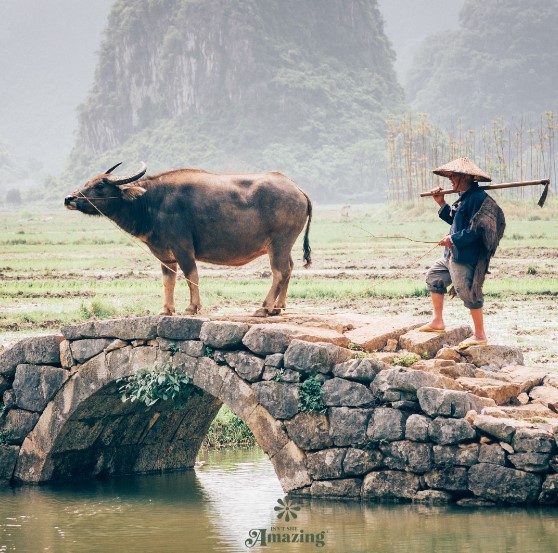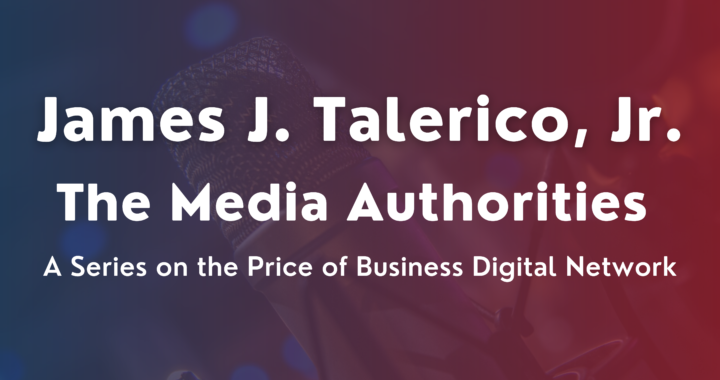Take a Breath

By Marianne Clyde
Today, I am noticing the craziness of reactivity and judgment in online conversations. No, it’s not new. However, it does seem fired up again with the political climate of late.
It seems as if people are not willing, or perhaps, could it be, not able to hear information that conflicts with their chosen beliefs and opinions. The result of that is that very few people are really trying to understand, they are simply reacting and reacting violently.
And, while I understand the desire for one to defend his or her beliefs, the absolute insistence on not even trying to hear puzzles me. We seem to be unable to entertain conflicting facts in our minds and give them an opportunity to sort themselves out.
So, I have spent some time remembering the story of the Chinese farmer. There are many versions online, so I found this one which seems to articulate the story beautifully. I found it on wordonfire.org and am quoting directly from that site.
“Long ago, there was a widowed Chinese farmer. The farmer and his only son labored through the cold winds of winter and scorching rays of summer with their last remaining horse. One day, the son didn’t lock the gate of the stable properly, and the horse bolted away.
When neighbors learned what happened, they came to the farmer and said, “What a sadness this is! Without your horse, you’ll be unable to maintain the farm. What a failure that your son did not lock the gate properly! This is a great tragedy!”
The farmer replied, “Maybe yes, maybe no.”
The next day, the missing horse returned to the farmer’s stable, bringing along with it six wild horses. The farmer’s son locked the gate of the stable firmly behind all seven horses.
When neighbors learned what happened, they came to the farmer and said, “What happiness this brings! With seven horses, you’ll be able to maintain the farm with three of them and sell the rest for huge profits. What a blessing!”
The farmer replied, “Maybe yes, maybe no.”
The next day the farmer’s son was breaking in one of the wild horses. The son got thrown from the horse, fell hard on rocks, and broke his leg.
When neighbors learned what happened, they came to the farmer and said, “What a great sadness this is! Now, you’ll be unable to count on your son’s help. What a failure to break in the horse properly! What a tragedy!”
The farmer replied, “Maybe yes, maybe no.”
The next day, a general from the Imperial Chinese Army arrived to conscript all the young men of the village into the army. Their assignment was to fight on the front lines of a battle against a terrifying enemy of overwhelming force. The farmer’s son, because of his broken leg, was not taken.
When neighbors learned what happened, they came to the farmer and said, “What a great joy! Your son avoided facing certain death on the front lines of the battle. What a blessing!”
The farmer replied, “Maybe yes, maybe no.””
We must teach ourselves to resist the temptation to always have an immediate answer, and immediate opinion, a knee jerk reaction to information.
We must teach ourselves to sit with information for a while just as an observer.
We need to slow down and make sure we are grounded and secure in something bigger than ourselves.
When you:
-Have to be right
-Cannot hear new information without defending the old information
-Cannot see or hear something without stating a firm opinion
-Are unable to hear a differing opinion without getting emotional and combative
-Must immediately fit news into a narrative of buzz words and name calling (even if it means making something up)
It’s time to begin to practice the example set by the Chinese farmer. One that recognizes things are not always as they seem. One that is humble enough to admit that you do not have all the facts (ever), and that you are not always right.
Let’s become humble enough to be able to step back and embrace a more bird’s eye view that helps you see a broader story than the one you are in the middle of at the moment.
When you find yourself dehumanizing others just because they believe differently, labeling them and categorizing them and demonizing them, creating an “us and them” situation forcing people to join your side or become and target of bullying and ostracization, you need to take a breath.
Step back, breathe deeply, give the information room and time to adjust inside of you.
Remember that we are all connected. There is something to learn from every situation. There is always a way for us to grow ourselves and change ourselves. And that must always happen before we can change the world.
Hate, opinion and reactivity will never make the world a better place. Try the farmer’s stance: “maybe yes, maybe no.” And see if you feel calmer and clearer in your thinking.
Marianne coaches women leaders to kick it up a notch, think bigger, increase their impact and their income.
For 35 years she has been helping clients live more productive and abundant lives. As an award winning businessperson and psychotherapist, best selling author and speaker, Marianne has built multiple businesses, learning to adapt and adjust as circumstances changed over time. She is a MindValley Certified Hypnotherapist, trained by Paul McKenna. In 2016, she founded the Be the Change Foundation, a non-profit organization that trains and equips women to be entrepreneurs so they, like her, can live their dreams.
Marianne’s books help free readers from destructive thought patterns while learning tools to change them. They include:
Peaceful Parenting: 10 Essential Principles (2013)- https://www.amazon.com/Peaceful-Parenting-10-Essential-Principles-ebook/dp/B00EMEGBSU
UnLeashed: Practical Steps to Get Your Life Unstuck, (2017)- https://www.amazon.com/Leashed-Practical-Steps-Your-Unstuck/dp/1533017700
Zentivity: How to Eliminate Chaos, Stress and Discontent in Your Workplace (2018)- https://www.amazon.com/Zentivity-Eliminate-Stress-Discontent-Workplace-ebook/dp/B07964YY87



 Move That Body
Move That Body  The Fuel Fix: Rethinking Type 2 Diabetes With Dr. John Poothullil
The Fuel Fix: Rethinking Type 2 Diabetes With Dr. John Poothullil  The Calm Frequency: Where Healing Meets Abundance
The Calm Frequency: Where Healing Meets Abundance  There Is No Glory in Fostering, but There Is Joy
There Is No Glory in Fostering, but There Is Joy  Why Personalized Luxury Travel Makes Every Journey Truly Unforgettable
Why Personalized Luxury Travel Makes Every Journey Truly Unforgettable  Because Some Won’t Make It Home Safe
Because Some Won’t Make It Home Safe  Real-Life Succession Planning Failures … and How To Avoid Them
Real-Life Succession Planning Failures … and How To Avoid Them